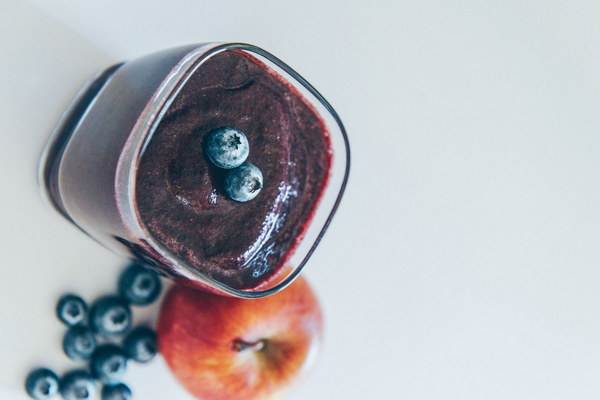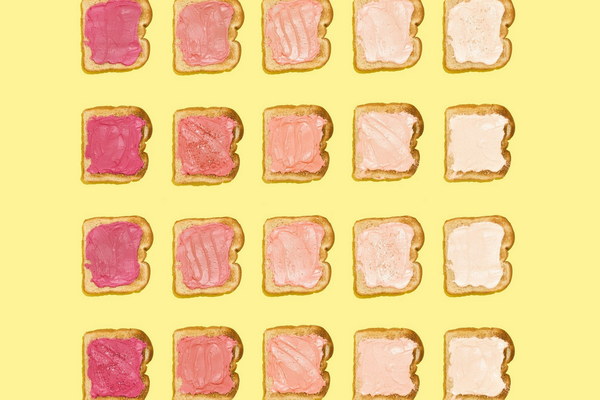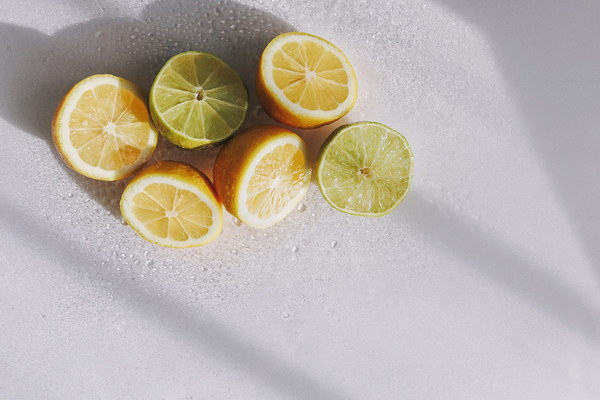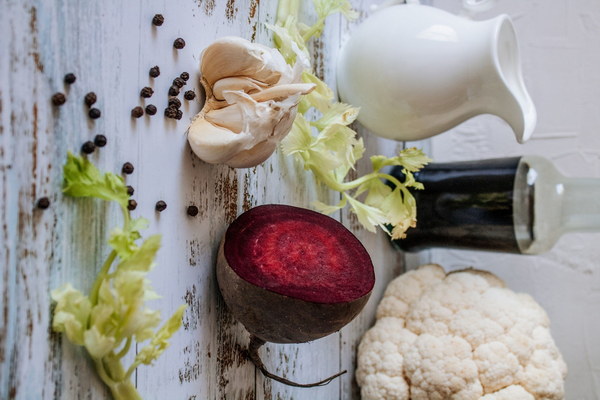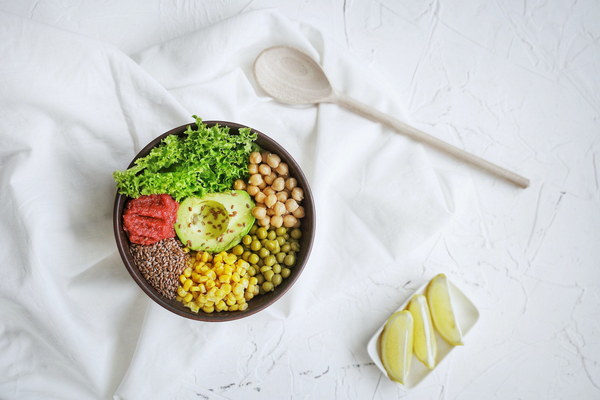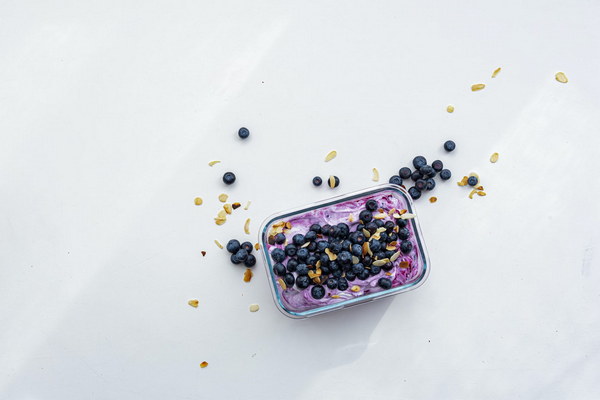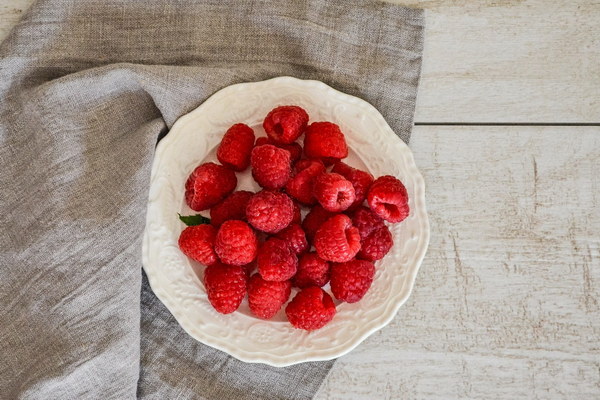Banishing Dampness A Guide to Say Goodbye to Oily Hair and Revitalize Your Scalp
Banishing Dampness: A Guide to Say Goodbye to Oily Hair and Revitalize Your Scalp
Dealing with oily hair can be a relentless challenge, especially when it's accompanied by a damp, unbalanced scalp. The presence of dampness in your hair and scalp can lead to excessive oil production, leaving you feeling frustrated and searching for a solution. In this article, we'll delve into the root causes of dampness and oily hair, and provide you with practical tips and remedies to help you achieve a healthier, more balanced scalp.
Understanding Dampness and Oily Hair
Before we can effectively combat dampness and oily hair, it's crucial to understand what causes it. Dampness in the scalp can be due to several factors, including:
1. Excessive Sebum Production: Overactive sebaceous glands can lead to an overproduction of oil, making the scalp and hair appear greasy.
2. Poor Circulation: A lack of blood flow to the scalp can hinder the natural balance of oil production, resulting in excessive oiliness.
3. Hydration Imbalance: A lack of moisture in the scalp can trigger the sebaceous glands to produce more oil in an attempt to compensate.
4. Environmental Factors: Humidity, pollution, and excessive sweating can contribute to a damp and oily scalp.
Tips for Managing Oily Hair and Scalp Due to Dampness
1. Regular Washing: Establishing a regular washing routine is essential. While some may believe that washing too frequently can exacerbate oiliness, skipping washes can lead to a buildup of oil and dirt, which can trigger further oil production. Aim to wash your hair every 1-2 days, or as needed.
2. Use Gentle, Sulfate-Free Shampoos: Sulfates are harsh detergents that can strip the scalp of its natural oils, leading to overcompensation and increased oil production. Opt for sulfate-free shampoos that are designed to cleanse without stripping.
3. Exfoliate Your Scalp: Dead skin cells can accumulate on the scalp, leading to clogged pores and increased oil production. Use a gentle scalp scrub or exfoliating mask once or twice a week to remove buildup.
4. Adjust Your Diet: A diet rich in healthy fats, vitamins, and minerals can help balance oil production. Include foods like avocados, nuts, seeds, and fatty fish in your diet.
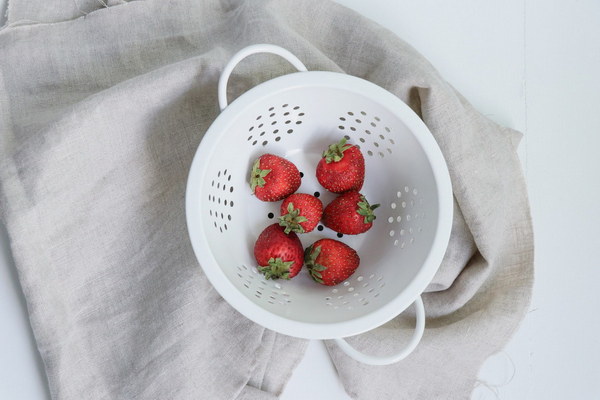
5. Stay Hydrated: Drinking plenty of water can help maintain a healthy scalp by ensuring that your body is properly hydrated.
6. Use Natural Oils: Natural oils such as tea tree oil, jojoba oil, and argan oil can help regulate oil production and soothe the scalp. Apply these oils in moderation, and always patch test first to avoid allergic reactions.
7. Limit Heat Styling: Excessive heat can disrupt the scalp's natural balance and lead to increased oil production. Minimize the use of heat styling tools and opt for air-drying whenever possible.
8. Avoid Overuse of Hair Products: Hair gels, mousses, and sprays can weigh down your hair and scalp, leading to a buildup that can exacerbate oiliness. Use these products sparingly and choose those that are formulated for oily scalps.
Natural Remedies for Oily Hair and Scalp Due to Dampness
1. Apple Cider Vinegar Rinse: Mix one part apple cider vinegar with two parts water and use it as a final rinse after shampooing. This natural astringent can help balance the scalp's pH levels and reduce oiliness.
2. Green Tea Rinse: Brew a strong cup of green tea and let it cool. Use it as a final rinse to help soothe the scalp and reduce oil production.
3. Aloe Vera: Aloe vera has natural antiseptic and astringent properties that can help control oil production. Apply fresh aloe vera gel directly to the scalp and leave it on for 30 minutes before rinsing.
4. Cinnamon and Honey Scalp Scrub: Create a paste by mixing ground cinnamon and honey, and apply it to your scalp for a few minutes before rinsing. This natural exfoliant can help remove dead skin cells and regulate oil production.
Conclusion
Managing oily hair and scalp due to dampness requires a combination of lifestyle changes, proper hair care, and natural remedies. By understanding the root causes and implementing the tips and remedies outlined in this article, you can take control of your scalp's health and achieve a balanced, oil-free mane. Remember, patience and consistency are key to long-term success.
